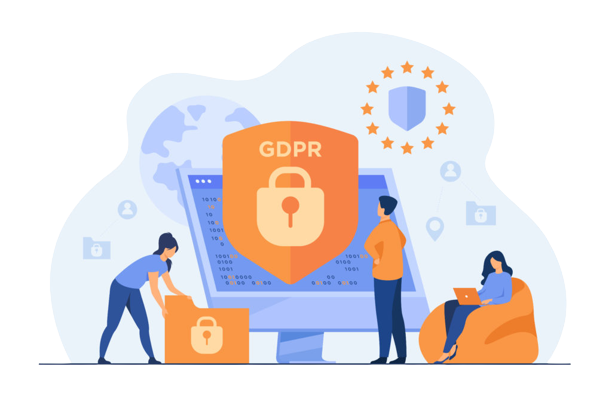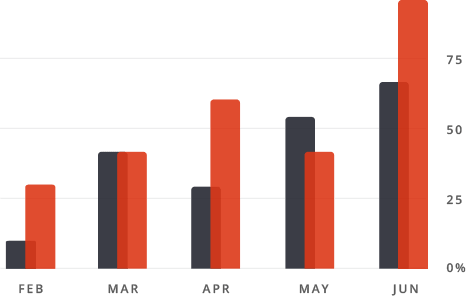Phone :
+91 020-41209597
Email:
Info@viesconsulting.com
+91 020-41209597
Info@viesconsulting.com
The VIES Data security control assessment involves a thorough examination of the methods, procedures, and protective mechanisms that organizations implement to protect PII. This extensive evaluation confirms the existence of adequate precautions to reduce the risk of data breaches, including potential loss, theft, or unsanctioned access

Confidentiality checks, through access Control to enforce entitlements, encryption to control who can decode and view information, authorizing and authentication systems that identify users, Two-factor systems that add an extra layer of protection to authentication.

Integrity checks, that DATA is whole and accurate, fulfils legal and regulatory rules, prevents unauthorized users from changing data, faulty copies or transfers does not occur etc.

Availability checks, that Users can get their data when they need it, creating archives, storing data on high availability file systems, use of reliable databases.
It applies to Data Processing wholly or partially automated operation that include – Collecting, Recording, Storing, Alteration, Retrieving, Using, Analyzing, Sharing or disclosing, Destruction,

The General Data Protection Regulation is a regulatory standard established to protect the data protection rights of individuals in the European Union. It is the legal framework for companies that collect and process personal data of EU citizens. GDPR compliance requires organizations to ensure that personal data is lawfully collected in accordance with GDPR requirements and to further protect it from misuse and abuse.
Companies that collect, process and transfer personal data are also called to respect the rights of data owners or face penalties for non-compliance. In case of non-compliance, organizations face significant fines, which can be up to 4 percent of annual turnover or 20 million euros, whichever is greater.
1.How to Implement Online Marketing in a GDPR Compliant Way
2.Correct use of cookies and cookie policy / consent
3.Obtain consent and send direct marketing materials
4.Does GDPR apply to me? What is GDPR.
5.It’s so complicated. We have to comply with GDPR etc.
GDPR is a complex law and your challenges and questions are many. Fortunately, we have hands-on experience, having helped more than 20 companies comply with GDPR.

We have a structured method for defining and defining internal processes to achieve, maintain and monitor CCPA compliance. We have a 6-step method to help you achieve successful compliance.
The California Consumer Privacy Act (CCPA) is a privacy law that governs how companies worldwide are allowed to process personal information (PI) of California residents. The law, which went into effect on January 1, 2020, is the first of its kind in the United States. Created to protect consumer privacy, the law requires companies to be transparent about their use of consumer data and give consumers full control over how that data is used.
The CCPA defines personal information as information that identifies, associates, describes or can be reasonably associated or directly or indirectly associated with a specific consumer or household, such as real name, alias, mailing address, unique personal identifier. , network identifier, internet protocol address, email address, account name, social security number, driver’s license number, passport number or other similar identifiers.

A data protection impact assessment can be used to identify and mitigate data protection risks of a new project that may affect your organization or the people it works with. Read this guide to learn more about how and when to do a DPIA.
If your organization collects, stores or uses personal data, the people whose data you process are at risk. These risks range from personal information being stolen or accidentally disclosed and used by criminals to impersonate you, to individuals concerned that your organization is using their information for unknown purposes. A Data Protection Impact Assessment (DPIA) describes a process that aims to identify the risks arising from the processing of personal data and to minimize those risks as much as possible and at the earliest possible stage. DPIAs are important tools for mitigating risk and demonstrating GDPR compliance. This document assumes that a DPIA is conducted for a specific project and not for the activities of the organization as a whole. A project can be considered a specific function of an organization or a program to change the functions of the entire organization.

Nurture promoters, your loyal customers who are more profitable and will advocate for your business—both in good times and bad.
Customer-focused businesses build a virtuous cycle we call the “customer wheel.” We help you at every stage of growth, developing custom solutions and collaborating with all levels of your organization. Identify quick, targeted customized solutions and operational improvements.